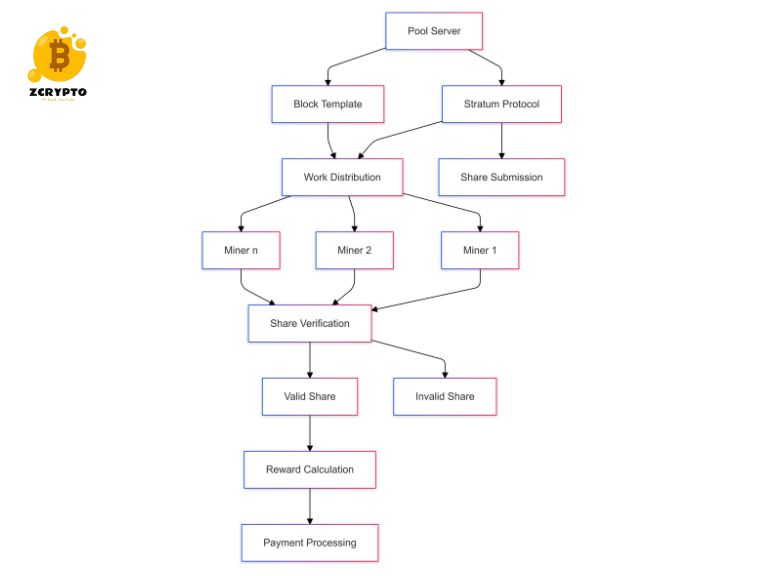What are Flexible Manufacturing Systems?
Flexible Manufacturing Systems (FMS) are sophisticated production systems designed to be highly adaptable and efficient. These systems consist of several key components:
- Unlocking EBITDA/EV Multiple: Definition, Examples, and Its Crucial Role in Earnings Analysis
- Unlocking Financial Security: What is a Financial Guarantee and How Does it Work?
- How Export Credit Agencies Boost International Trade: Loans, Guarantees, and Insurance Explained
- Mastering Discounting: How to Calculate Present Value in Finance and Investment
- Understanding EMI: How Equated Monthly Installments Simplify Your Financial Obligations
-
Computer Numerical Control (CNC) machines: These machines can perform a variety of tasks with high precision and speed.
Bạn đang xem: How Flexible Manufacturing Systems (FMS) Revolutionize Efficiency and Profitability in Modern Industry
-
Robotics: Robots are used for tasks such as material handling, assembly, and inspection.
-
Centralized computer control systems: These systems integrate all the components of FMS, allowing for real-time monitoring and control.
FMS also leverages cutting-edge technologies like the Internet of Things (IoT), big data analytics, and artificial intelligence (AI). These technologies enable real-time data collection, predictive maintenance, and optimized production processes. For instance, IoT sensors can monitor machine performance in real-time, while AI algorithms can predict potential failures and schedule maintenance accordingly.
Benefits of Flexible Manufacturing Systems
Increased Efficiency and Productivity
Xem thêm : Mastering Direct Tax: Expert Guidance and Strategies for Optimal Financial Planning
FMS significantly reduces manual labor requirements by automating various processes such as cleaning, packaging, and material handling. This automation not only increases productivity but also allows machines to operate 24/7 without breaks. The integration of automated guided vehicles (AGVs) and autonomous mobile robots (AMRs) further enhances material handling efficiency by minimizing human intervention.
Improved Quality and Reduced Waste
The precise control systems in FMS ensure high-quality products through real-time monitoring and quality control checks. This leads to a reduction in scrap rates and better waste management. For example, if a defect is detected during production, the system can immediately adjust parameters or halt production to prevent further defects.
Flexibility and Adaptability
One of the most significant advantages of FMS is its flexibility. These systems can quickly adapt to changes in product type or quantity without major retooling or downtime. This flexibility allows manufacturers to produce multiple products within the same facility, making it ideal for industries with diverse product lines.
Cost Savings and Capital Efficiency
The long-term cost savings associated with FMS are substantial. Reduced labor costs, lower error rates, and decreased waste all contribute to significant financial benefits. Additionally, FMS ensures efficient use of resources by minimizing underutilized assets and idle time, thereby reducing overhead costs.
Economic Impact of FMS
The economic impact of FMS is profound. By reducing the cost per unit of manufactured products and improving inventory and equipment management efficiency, businesses become more competitive globally. Improved speed to market and better customer satisfaction lead to brand loyalty and retention, which can result in higher stock prices due to perceived future growth.
Industry Applications of FMS
Automotive Industry
Xem thêm : Navigating the Equity-Efficiency Tradeoff: Balancing Fairness and Economic Performance
In the automotive sector, FMS is used extensively for producing a wide range of parts and components. The flexibility of these systems allows for easy reprogramming of machines to produce different parts, making them highly versatile. For instance, a single production line can be adjusted to manufacture different engine components or body parts without significant downtime.
Aerospace Industry
In aerospace manufacturing, FMS plays a critical role in producing complex parts such as aircraft engines and avionics systems. The precision and adaptability of these systems are crucial for meeting the stringent quality standards of the aerospace industry.
Other Industries
FMS is also widely used in electronics and medical device industries where flexibility and efficiency are paramount. These sectors often require rapid changes in production lines to keep up with technological advancements or market demands.
Market Analysis and Future Trends
The market for FMS is growing rapidly, expected to rise from $1.67 billion in 2022 to $2.9 billion by 2029. This growth is driven by increasing demand for flexible and efficient manufacturing processes, as well as the integration of Industry 4.0 technologies. As more industries adopt these advanced systems, we can expect even greater innovation and efficiency gains.
Challenges and Considerations
While FMS offers numerous benefits, there are also challenges to consider. The high initial investment costs can be a significant barrier for many businesses. Additionally, the complexity of implementing FMS requires careful planning and execution to avoid system failures. Robust backup plans and redundancy measures are essential to mitigate these risks.
Nguồn: https://earnestmoney.skin
Danh mục: Blog


















